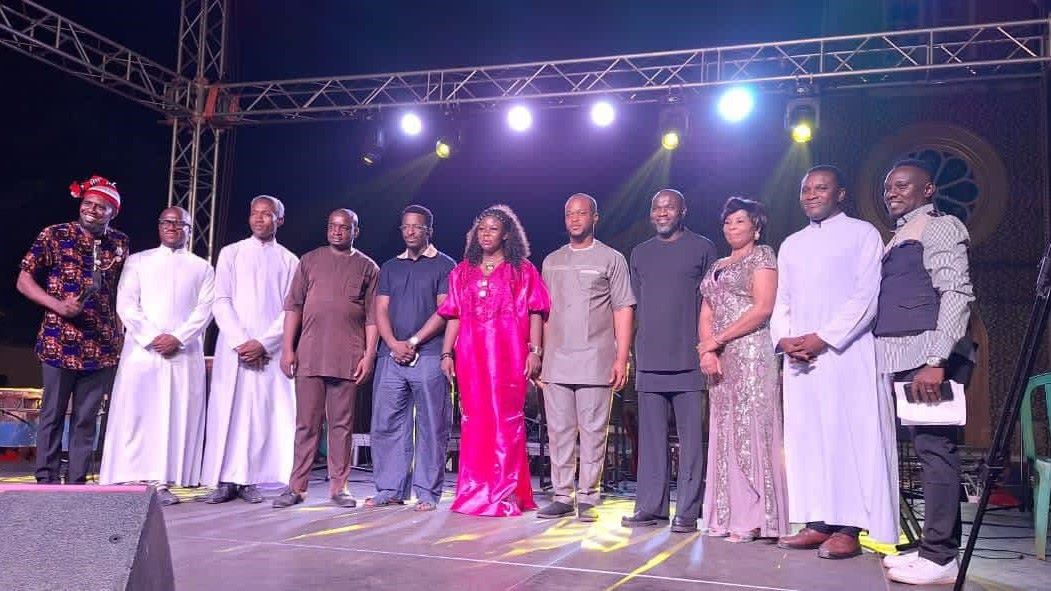The call to leadership is a call to responsibility. Leadership proffers answers to problems. God called Moses to go on a rescue mission to Egypt to deliver the people out of Egypt. Egypt was a land of slavery and bondage for the children of Israel where they were subjected to harsh treatment and forced labour. So, God called Moses to go and liberate them. Leaders are called to solve problems for the people. If you are not solving problems, you are not leading and if you lack problem-solving skills, you won’t be able to lead better.
Leadership is a response to the issues threatening the well-being of the people by finding practical solutions to it. Leaders prioritise the welfare of their people and, in return, their people give everything they’ve got to protect and advance the well-being of one another and the organisation. Effective leadership fundamentally involves problem-solving for the benefit of the people led. Leaders should not only identify and address issues, but also develop sustainable solutions and inspire their teams to contribute. This requires a proactive, strategic and collaborative approach.
Leadership is about restoration of order and sanity in a place. When a place is disorganised, it is a proof that there is absence of leadership. Leadership is putting in place an organised system where order, due process and right values are in place. Any organisation, whether it’s a business, church, workplace, or government agency, needs leaders to help guide the way. Leaders provide direction and vision, motivate and inspire others. A leader with a strong vision can create a sense of direction and purpose, helping to focus and energise an entire organisation. Cribbin, J.J. said: “Leadership is an influence process that enable managers to get their people to do willingly what must be done, do well what ought to be done.”
Leadership is about influencing a positive outcome. Understanding leadership is not complete without understanding interactions between a leader and his or her followers. Leadership is a process in which a leader attempts to influence his or her followers to establish and accomplish a goal or goals. In order to accomplish the goal, the leader exercises his or her power to influence people. That power is exercised in earlier stages by motivating followers to get the job done and in later stages by rewarding or punishing those who do or do not perform to the level of expectation. A strong visionary leader presents and convinces followers that a new course of action is needed for the survival and prosperity of the group in the future. A leader influences the people to ensure the successful completion of a goal. Effective leaders supply a shared vision; and inspire people to achieve more than they may ever have dreamed possible.
People change when they are emotionally engaged and committed.
To lead better, you should learn to lead. Effective leaders recognise that what they know is very little in comparison to what they still need to learn. They say leaders are readers. Leaders are lifelong learners. One of the habits of successful leaders is that they read voraciously. To be more proficient in pursuing and achieving objectives, one should be open to new ideas, insights and revelations that can lead to better ways of accomplishing goals.
This continuous learning process can be exercised, in particular, through engaging oneself in a constant dialogue with one’s peers, advisers, consultants, team members, suppliers, customers, and competitors. To stay relevant as a leader, you have to keep up. Leaders who keep learning become more resilient and prepared to face whatever comes their way.
• Today’s nugget: Leaders are lifelong learners
Phone Contact: 07032361509. E-mail: [email protected]. Joel Ejiofor, business coach and strategist






